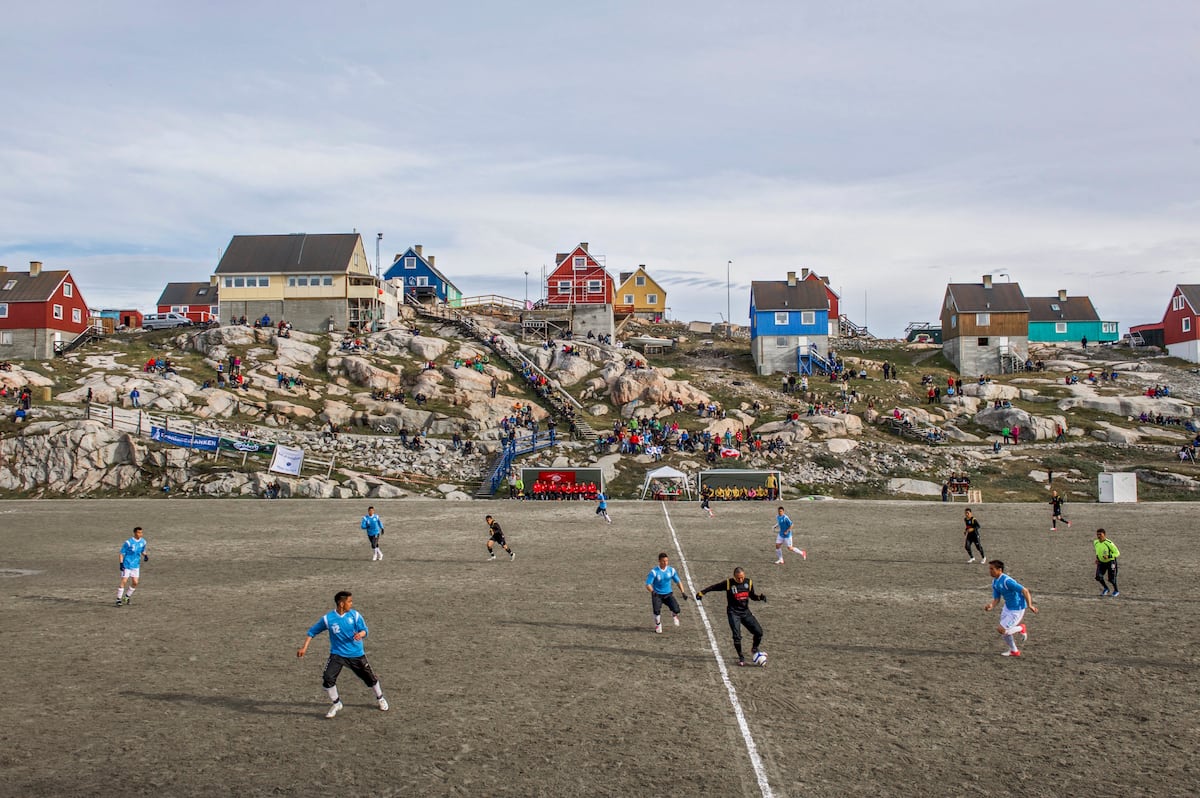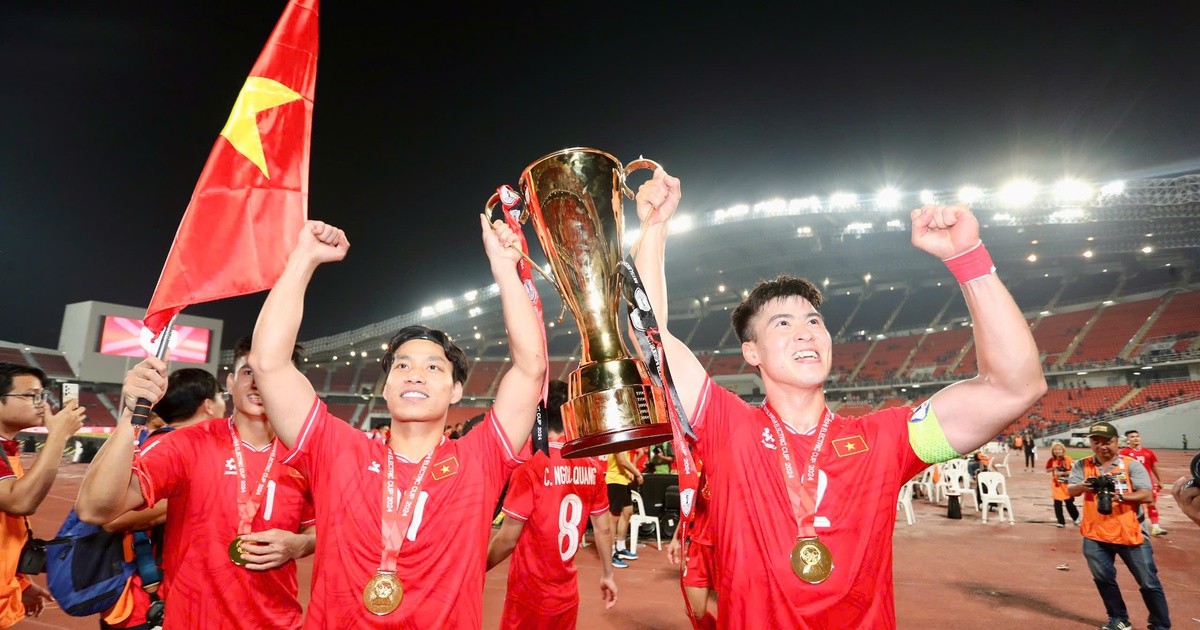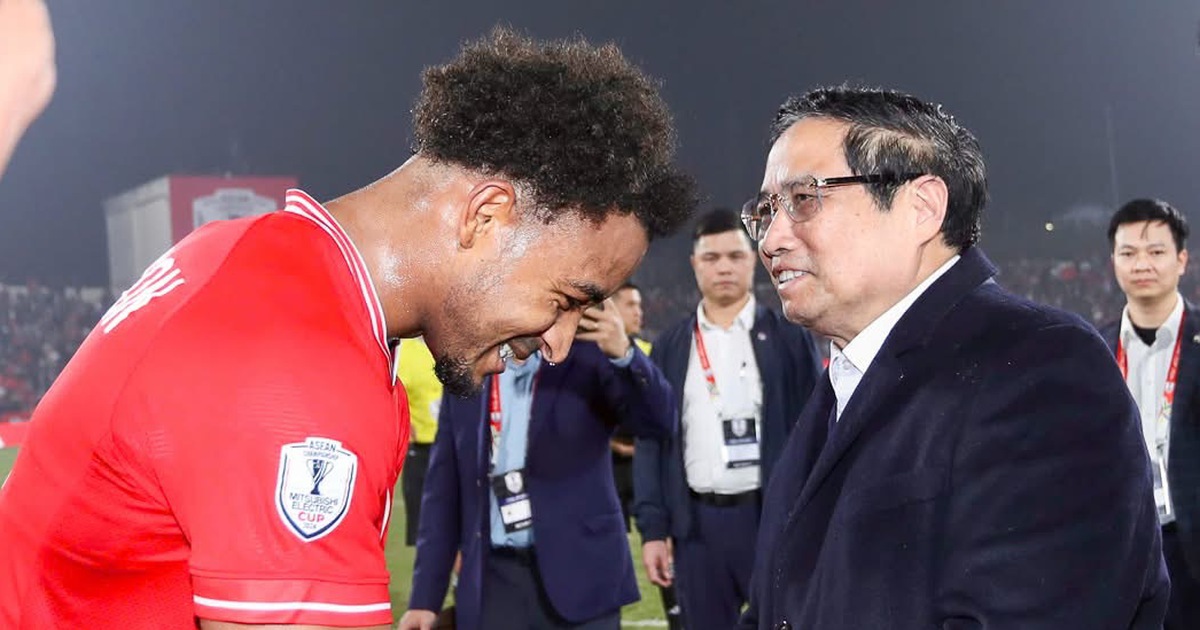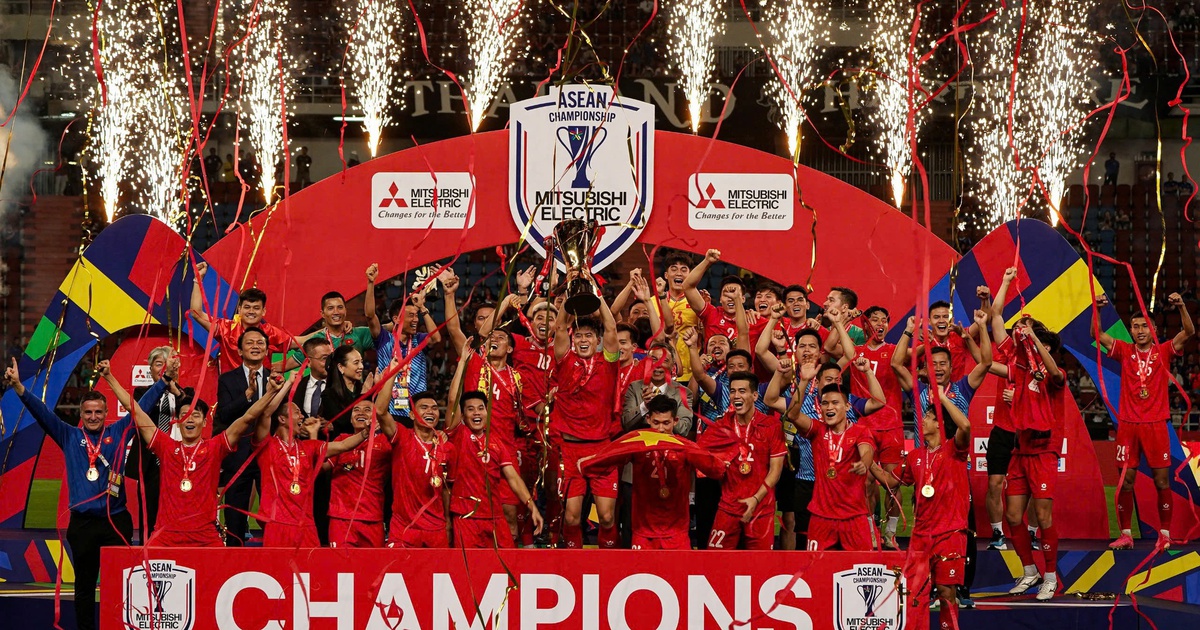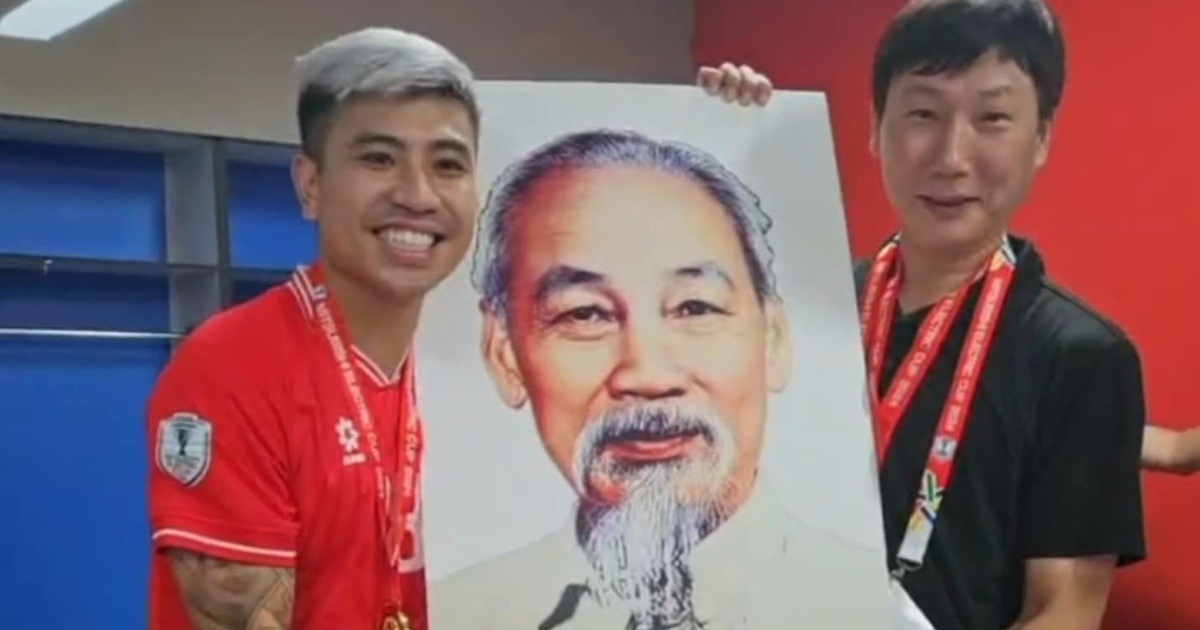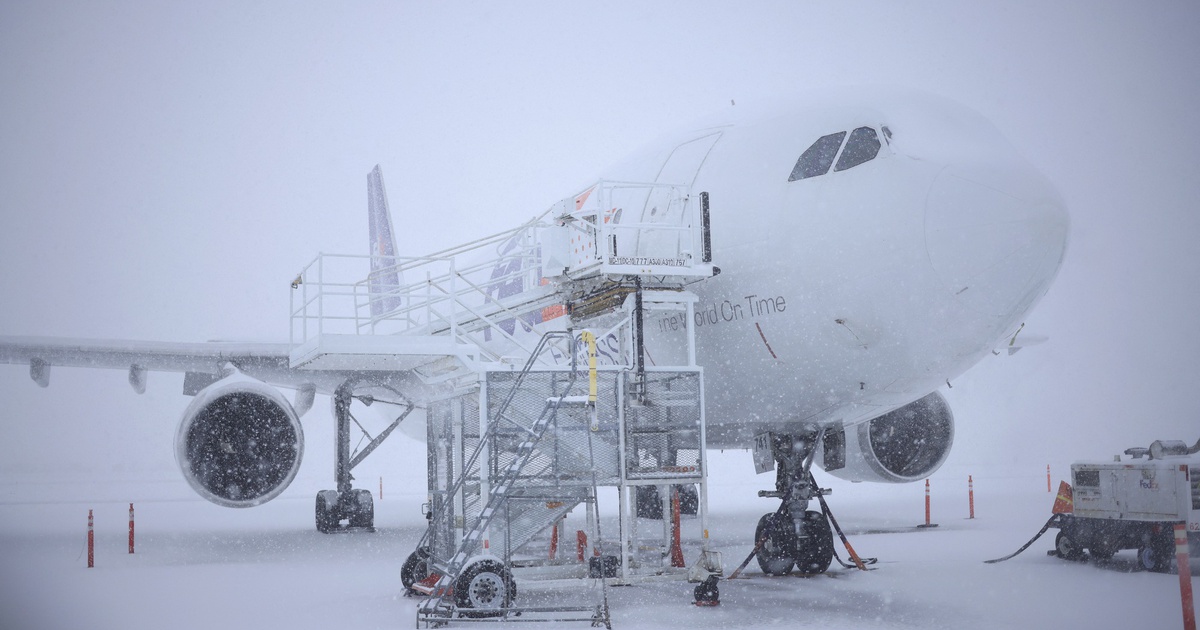There is something in Greenland that seduces Donald Trump, president-elect of the United States who has once again raised the option of annexing the largest island in the world, four times the size of Spain and with barely 20% free of ice. Even though geopolitics places a high value on it, we are not facing an easy environment, with long winters of almost perennial darkness, snowfall and blizzards, a territory that leads the world in the suicide rate (83 per 100,000 inhabitants, 117 if we consider only the male gender) and alcoholism. A survey released by Save the Children also reveals a devastating fact: 20% of those born after 1995 admit to having suffered sexual abuse during childhood. Perhaps sport helps not only strengthen an identity, but also change living conditions.
And there football emerges in a nation that is not independent but that enjoys self-government, although it is Danish territory. An obstacle for a team representative of its 59,000 inhabitants to jump onto the international stage in the context that should correspond to it, that of UEFA. But the highest continental body has modulated the regulations that allowed it to join the federation of the Faroe Islands, another autonomous region of Denmark, in 1990. With the conditions for Greenland to be European in football terms, its federations are looking to their right, America. In 2022 they requested entry into Concacaf, the confederation of North, Central America and the Caribbean, which has greater laxity to integrate territories that do not enjoy independence such as Aruba, Bermuda, Bonaire, Guadeloupe or Martinique. Last spring they repeated the request and at the same time in an approach to become the 212th nation affiliated with FIFA, which in 2016 admitted Gibraltar, but this year has toughened its conditions of access to “independent states recognized by the majority of members.” of the United Nations.” Now Caribbean territories such as Bonaire, Sint Maarten, Guadeloupe, Martinique or French Guiana, which is geographically in South America, belong to Concacaf, but their entry into FIFA is complicated. Greenland wants to reach at least that status. “It is currently the only place on Earth that is not a member of a football confederation,” coach Morten Rutkjaer defined then in statements broadcast by Agence France Press. Nor is it integrated into the International Olympic Committee.
Greenland played a friendly match against Turkmenistan last June. It happened in Türkiye and the team from the former Soviet republic won (5-0), which had just lost by a narrow margin against the World Cup-winning Iran. Three years ago they went to Danish soil to face Nordsjaellend in a friendly (3-1 loss) and in 2022 they faced the Kosovo U21 and lost 1-0. The level can be improved, but the option of joining international competitions is a thread of hope that goes beyond the ball and transcends, the federations point out, to ideas such as “joy” and “pride.” And joining FIFA would also mean accessing important financial resources to develop football on the island.
The capacity of sport as a driving force for a territory was perceived in Greenland when a little more than two years ago the women’s handball team was classified among the 32 that competed in the World Cup, a place they reached after winning the NACHC (National America) championship. and Caribbean Handball Confederation) in which they served as hosts in June 2023. They beat Canada, Mexico, Cuba and the United States in the island’s capital, Nuuk, and entered through the World Cup front door as American representatives. Last May the men were one step away from entering the World Cup that is going to start in just over two weeks. Cuba won the tournament held on Mexican courts.
Nuuk is 3,500 kilometers from Copenhagen, 600 more than those that separate it from Toronto or New York. However, it is still curious to imagine a Caribbean team among the northern lights or the descendants of the Inuit fighting in Aruba or Jamaica in the League of Nations or in the World Cup qualification. Three of its footballers play in Denmark, a team that former Colchonero Jesper Gronkjaer defended on 76 occasions, who was born in Nuuk, but as a child he packed his bags with his family heading to the metropolis. The rest of the players under Rutkjaer enlist in the very brief local championship, which takes place from May to September and is defined by the concentration of eight teams at the end of each summer. Or they can be seen with the futsal team, which has greater activity and presence in friendly tournaments far from the Arctic. In all of Greenland there are no more than twenty football fields and FIFA went there, together with the Danish federation, to build an artificial grass field in Qaqortoq, a town in the south of the island. And there are plans to build a stadium in Nuuk with capacity for 3,000 fans and some more fields where indoor games can be played.

